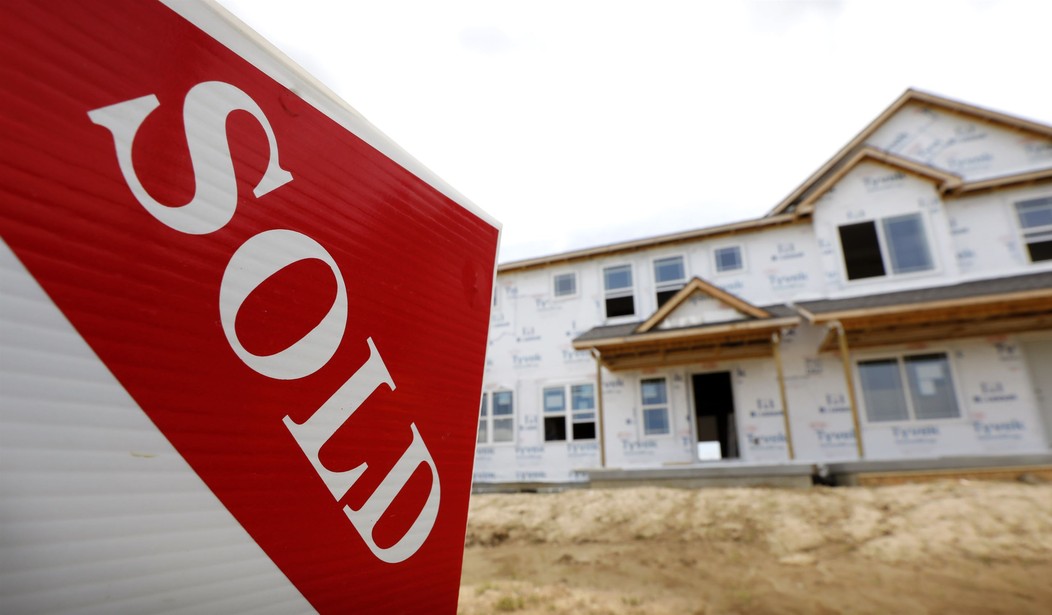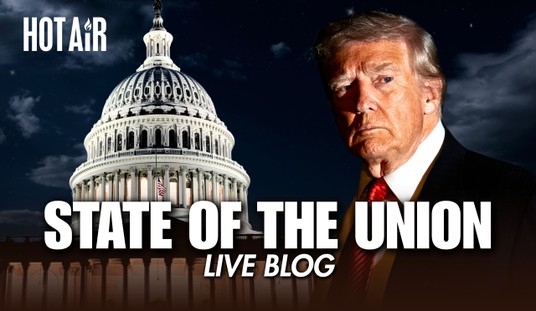Massachusetts recently approved a pilot program that will allow ten communities to ban the installation of fossil fuel lines and related infrastructure in new buildings moving forward. Nine communities have already been selected, so only one available slot remains. But it was announced last week that Boston would not be approved for such a ban and the available slot will need to be given to another community. Boston Mayor Michelle Wu said that it “breaks her heart” that her city won’t be able to participate. The reason being given is that Boston’s situation is “too complex” to support such a ban and the city is too “electrically similar” to other communities for it to be practical. But something tells me there’s more to the story than that. (Boston Globe)
The decision marks an abrupt departure from the mayor’s recent statements, delivered in press conferences and radio interviews, that the city intended to participate in the program and lead by example.
Wu said, “it breaks my heart,” but that the city was not applying for the state program because it appears it was not actually intended for a city as complex as Boston, with its large population and already-strained electric grid. She said she had gotten “clear indications that Boston would not be chosen for the one available spot.”
Maria Hardiman, a spokesperson for the state Department of Energy Resources, said the challenge for Boston is that it’s “electrically similar” — meaning the age of the infrastructure and demands on the system are comparable — to several other cities or towns that have already been selected for the program, including Cambridge, Brookline, Newton, and Arlington.
The Mayor let the mask slip a bit while explaining how Boston would be disqualified from a fossil fuel ban. She admitted something that has already long been known. Boston’s energy grid has already been pushed to the brink, with residents there being subjected to occasional rolling blackouts during periods of high demand. Every new building that goes up that is forced to rely entirely on electrical service, particularly for heating and cooking will add more of a load to the grid. It’s not a sustainable situation.
The plan has already run into opposition from other groups in the area even without the grid load considerations. Real estate development associations have opposed the ban, citing the higher construction costs associated with such restrictions. That would drive up prices even further in the already largely unaffordable city.
Also, as blue city officials have been learning across the country, people just like having gas appliances available. Many people prefer the reliability and lower cost of gas heating systems and lots of families prefer cooking on a gas stove. Developers may find fewer shoppers in the market for those fully electrified buildings. Also, when the electricity goes out, natural gas still works.
So why do this at all? The geniuses behind this scheme have already made it clear that this is all about “climate justice and equity.” Because of course it is. None of this has anything to do with improving efficiency or making people’s lives better. These are policies designed to please the Climate Goddess and the liberal elites who profit from all of the green energy schemes. Not that they’re likely to ever give up their private jets or air conditioning, of course. That sort of thing is for you little people. You know… just like paying taxes. But you can take comfort in knowing that you’re shouldering the burden so the planet can be saved. We’ll see how much of a comfort that is for you once the rolling blackouts kick back into gear.








Join the conversation as a VIP Member